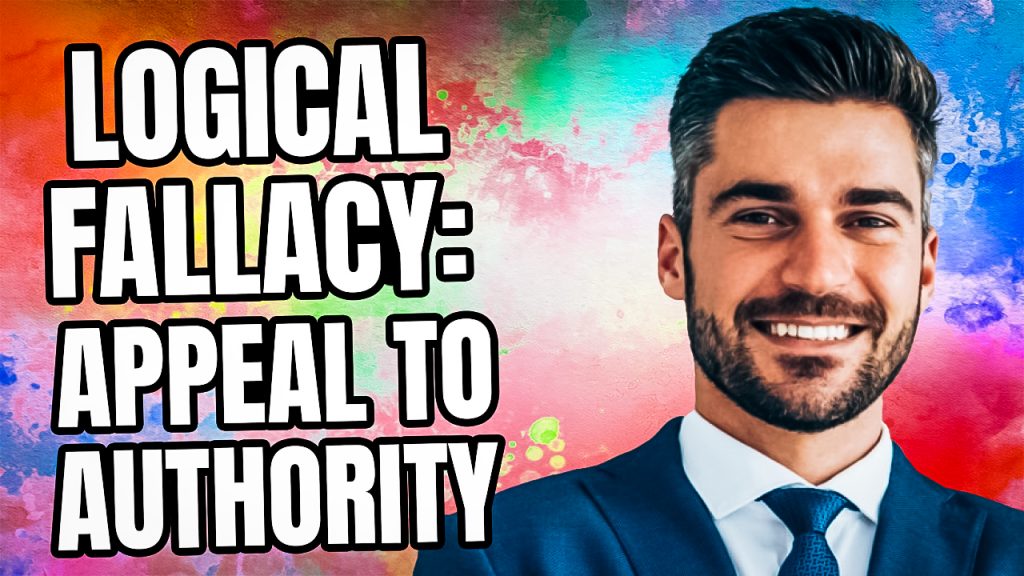Logical Fallacy: Appeal to Authority

In the field of logic, an appeal to authority is a logical fallacy that occurs when an argument is
made solely on the basis of the source of the information rather than its quality. In other words,
an appeal to authority is an argument that attempts to persuade others by citing an authority
figure, rather than using evidence to support a claim.
The fallacy of appealing to authority is a common tactic used in everyday conversation and in
various forms of media, from advertising to political campaigns. The appeal to authority is often
used to persuade people to accept a particular viewpoint, despite the lack of evidence to
support it.
An appeal to authority can be either a positive or negative fallacy. A positive appeal to authority
involves accepting an argument because it comes from an authoritative source, such as an
expert in the field. A negative appeal to authority involves rejecting an argument because it
comes from an unreliable or biased source, rather than examining the argument itself.
While it can be useful to cite experts or authoritative sources in an argument, it is important to
remember that an appeal to authority is not a valid substitute for evidence. Just because
someone is an authority figure or expert in their field, it does not mean that everything they say
is automatically true. It is always important to critically evaluate the evidence presented and to
consider alternative viewpoints.
The appeal to authority can take many forms, some of which are more subtle than others. One
common form of the appeal to authority is the use of celebrity endorsements in advertising.
Advertisers often use well-known celebrities to endorse their products in order to convince
consumers that the product is worth buying. However, just because a celebrity endorses a
product, it does not necessarily mean that it is effective or that it will work as advertised.
Another common form of the appeal to authority is the use of expert testimony in legal
proceedings. Expert witnesses are often called upon to provide testimony in court cases, and
their opinions can carry a great deal of weight. However, it is important to remember that expert
testimony is not infallible and that experts can make mistakes or be biased in their opinions.
One example of an appeal to authority in the scientific community is the use of peer review to
evaluate research papers. Peer review is a process in which experts in a particular field
evaluate the quality and validity of research papers before they are published. While peer
review can be a useful tool for evaluating research, it is not infallible, and there have been cases
where flawed or fraudulent research has been published despite the peer review process.
The appeal to authority can also take the form of an appeal to tradition. This fallacy involves the
assumption that something is true or effective simply because it has been done that way for a
long time. However, just because something is traditional, it does not necessarily mean that it is
the best or most effective way of doing things.
An appeal to authority can also be seen in the use of political endorsements. Politicians often
seek endorsements from prominent individuals or organizations in order to bolster their
credibility and convince voters to support them. However, just because a politician has received
an endorsement from a particular individual or group, it does not necessarily mean that they are
the best candidate for the job.
Overall, the appeal to authority is a fallacy that can be used to manipulate people into accepting
a particular viewpoint without providing evidence to support it. While it is important to consider
the opinions of experts and authoritative sources, it is also important to critically evaluate the
evidence presented and to consider alternative viewpoints. By doing so, we can avoid being
swayed by the fallacy of the appeal to authority and make more informed decisions based on
evidence and reason.
This Post is Brought To You By BetterHelp